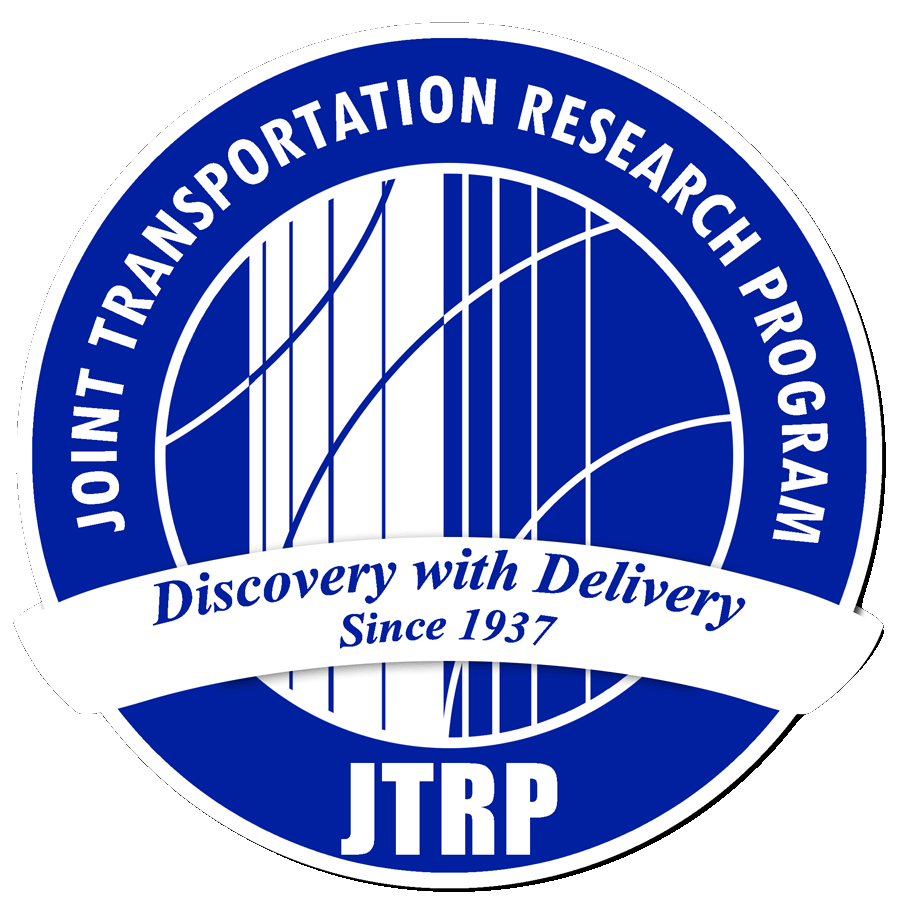Abstract
The purpose of this research was to characterize the fundamental properties and to evaluate the performance of asphalt mixtures modified by pyrolyzed carbon black (CBp) as an additive and air-cooled furnace slag as a coarse aggregate. Laboratory tests were conducted at INDOT and Koch Materials. The optimum binder content and the relationship of density and voids were determined from Marshall mix design. The rang of optimum binder content was 6.3% to 7.8%. The Marshall stability as a strength value and flow increased within the accepted ranges due to the inclusion of CBp. The gyratory tests were conducted by the US Army Corps of Engineers 8A/6B/4C model. The resilient modulus (Mg) test and indirect tensile test were conducted to determine the stiffness of the mixture at low temperatures which is related to the cracking potential of pavements. The inclusion of commercial CB and CBp produced an increase of Mg and tensile strength. Dynamic confined creep tests were carried out to check the rutting potential of pavement at high temperature, which is one of the important problems for pavements. The mixtures modified by CBp showed lower creep strain than the unmodified mixtures.
Keywords
pyrolized carbon black, marshall stability, tensile strength, resilient modulus, stripping inflection point, SPR-2096
Report Number
FHWA/IN/JHRP-96/19
SPR Number
2096
Performing Organization
Joint Highway Research Project
Publisher Place
West Lafayette, IN
Date of Version
1996
DOI
10.5703/1288284313333
Recommended Citation
Lee, K., C. W. Lovell, and R. Salgado. The Use of Pyrolized Carbon Black as an Additive (Part 3: Air Cooled Furnace Slag). Publication FHWA/IN/JHRP-96/19. Joint Highway Research Project, Indiana Department of Transportation and Purdue University, West Lafayette, Indiana, 1996. https://doi.org/10.5703/1288284313333Project Number
C-36-55M
File Number
2-12-13


